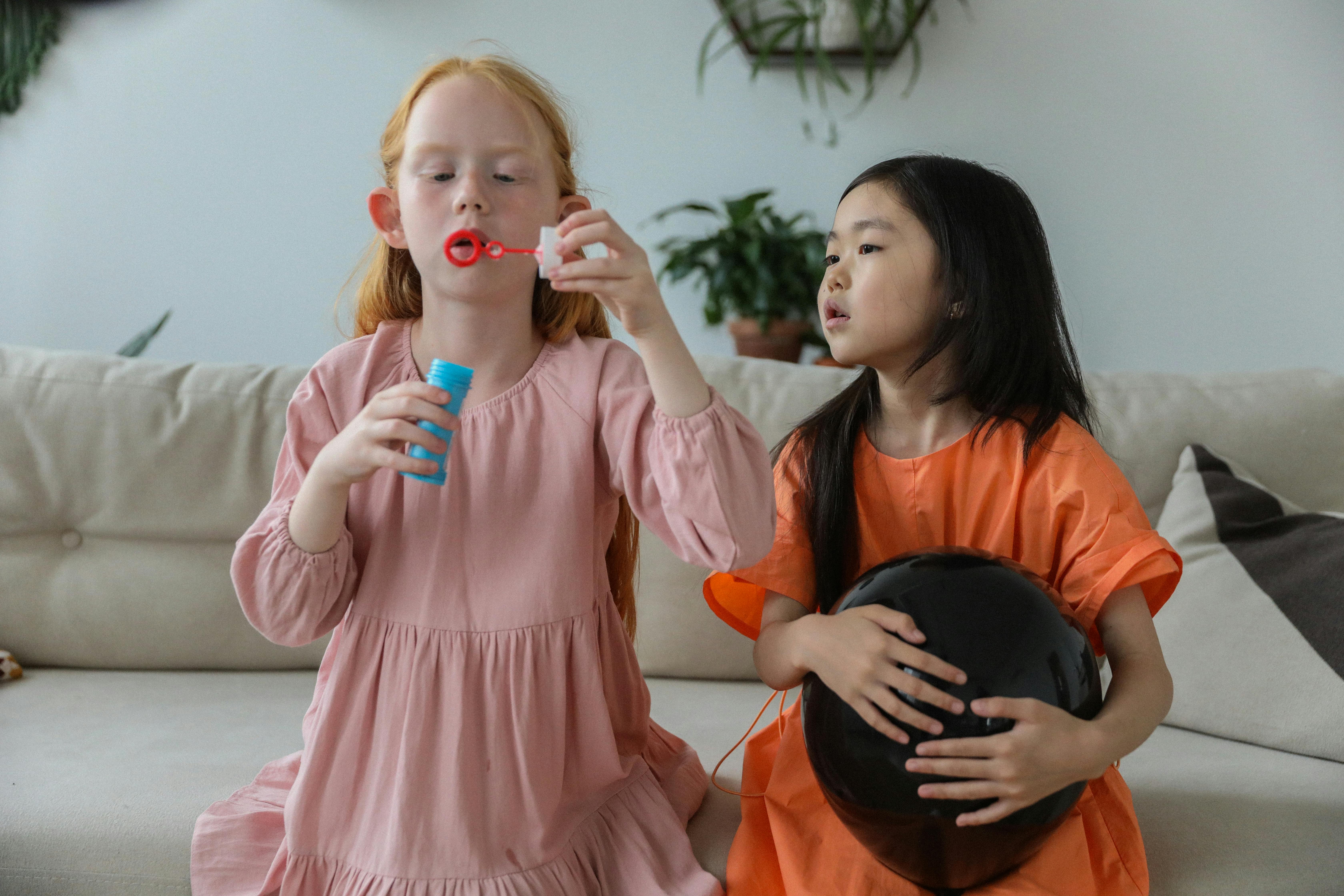One of the biggest challenges parents face when they decide to end their marriage is what will happen to the children of the relationship. Most parents understand that they will have to decide on living arrangements and visiting hours for the children, assigning a time share to each parent. It can be difficult to agree on physical custody of children, but with the help of an experienced mediator, parents can discuss what situation is best for the children and who should be the primary caregiver. Physical custody can be sole (when the children live with one parent full time), or joint when the children spend some time with the non-custodial parent. That being said, most parents don’t realize that in addition to assigning physical custody responsibilities, they must also decide and agree on how to share legal custody of their children.
Parents who have legal custody of their children can make many important decisions regarding their children’s lives, including choosing schools, child care providers, doctors, dentists, orthodontists, psychologists or other health professionals, affiliations and religious activities, extracurricular activities, sports enrollment. , summer camps, etc. Like physical custody, legal custody can be sole or joint. In many cases, California courts favor joint legal custody because they believe it is in the best interests of the children, and encourage parents to make these types of legal decisions together, even if the parents do not share joint physical custody of the children. their children. While joint legal custody arrangements mean that shared decisions about the health, education, and well-being of children are in their best interest, they are not always easy to practice on a daily basis, as by their very nature they require a great deal of cooperation. and commitment. Parenting Sometimes parents will face challenges as their lives evolve after divorce. For example, if one parent decides to move to a different school district and gives the children the opportunity to attend better schools, the other parent must agree on the new school options before the change can occur. While parents do not have to agree with every decision, ongoing conflict or friction may lead one parent to go back to court and request that a family court judge rule on specific legal issues. Sometimes a judge may decide to assign some legal decisions to only one parent, while both parents share the same responsibilities for other legal decisions. For example, such an individualized legal custody arrangement may work better when it comes to making health care decisions for the children if one parent has more time available to research and decide on the most appropriate medical or dental care providers and will be the only. take children to these recurring appointments.
While most parents focus on sharing physical custody, they tend to neglect the implications of legal custody of a child. During the divorce mediation process, the mediator will discuss the legal implications of joint legal custody to ensure that parents understand their responsibilities for their children’s education, health care, after-school hours, and religious upbringing. . The divorce mediator will help parents identify any areas of potential conflict that may occur after the divorce so that when they reach an agreement, the parents feel comfortable sharing important decisions about their children’s lives.




